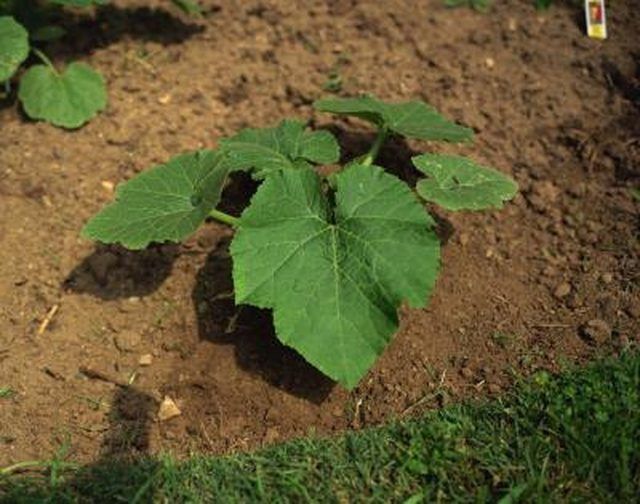Bulbs
Flower Basics
Flower Beds & Specialty Gardens
Flower Garden
Garden Furniture
Garden Gnomes
Garden Seeds
Garden Sheds
Garden Statues
Garden Tools & Supplies
Gardening Basics
Green & Organic
Groundcovers & Vines
Growing Annuals
Growing Basil
Growing Beans
Growing Berries
Growing Blueberries
Growing Cactus
Growing Corn
Growing Cotton
Growing Edibles
Growing Flowers
Growing Garlic
Growing Grapes
Growing Grass
Growing Herbs
Growing Jasmine
Growing Mint
Growing Mushrooms
Orchids
Growing Peanuts
Growing Perennials
Growing Plants
Growing Rosemary
Growing Roses
Growing Strawberries
Growing Sunflowers
Growing Thyme
Growing Tomatoes
Growing Tulips
Growing Vegetables
Herb Basics
Herb Garden
Indoor Growing
Landscaping Basics
Landscaping Patios
Landscaping Plants
Landscaping Shrubs
Landscaping Trees
Landscaping Walks & Pathways
Lawn Basics
Lawn Maintenance
Lawn Mowers
Lawn Ornaments
Lawn Planting
Lawn Tools
Outdoor Growing
Overall Landscape Planning
Pests, Weeds & Problems
Plant Basics
Rock Garden
Rose Garden
Shrubs
Soil
Specialty Gardens
Trees
Vegetable Garden
Yard Maintenance
How to Make the Perfect Garden Compost
How to Make the Perfect Garden Compost. All plants require the right soil foundations for growing and blooming. Green and organic gardeners build garden foundations with rich organic matter for nutrition and moisture, and add compost through the season to maintain soil quality. The greenest gardeners go one step farther and keep compost bins to...

All plants require the right soil foundations for growing and blooming. Green and organic gardeners build garden foundations with rich organic matter for nutrition and moisture, and add compost through the season to maintain soil quality. The greenest gardeners go one step farther and keep compost bins to recycle waste and build their own compost. Start a compost bin with a large box and scraps from your kitchen, and use the right ingredients for healthy, well-rounded compost.
Things You'll Need
Plastic/wood bin
Drill
Garden fork/shovel
Compost starter/bone meal
Prepare a 20-gallon plastic or wood bin for the compost pile. Drill several holes in each side of the bin for air circulation and put it in a moderately warm, protected location. Don't leave the bin in hot, sunny locations or where it can be rained on, as these elements damage the composting balance.
Fill the bin one-quarter full of garden or topsoil to give the compost structure. Add organic kitchen scraps like fruit, vegetables, bread, egg shells, coffee grounds, tea leaves and nuts. Balance these nitrogen-rich scraps with carbon-rich garden scraps like leaves, grass, wood, dryer lint, manure, straw and animal bedding. Add paper goods like cardboard, paper and tissue from the house. Use a wide range of ingredients for balanced, healthy compost.
Water the compost until it's moist throughout, but not soggy. Compost requires consistent, steady moisture content for breakdown. Never over water, as compost cools, then rots when it gets too wet.
Stir the compost twice a day. The microorganisms responsible for breaking down the compost need air to do their job, and suffocate without adequate aeration. Mix the compost more often for quicker breakdown.
"Feed" the compost pile once a week for best results. Mix new additions into the compost, then water to maintain moisture.
Harvest the compost when it reaches a uniformly dark, crumbly consistency. Harvest time ranges from several weeks to several months, depending on mixing and weather. Take dark and crumbly material only, and leave unfinished compost in the bin for more mixing.
Tips & Warnings
Use compost starter kits or bone meal to "start" the compost. Water more often if you notice the compost going dry, and stir more often if you notice the compost rotting. Compost heats up and cooks as it breaks down, but requires the right care to do so.